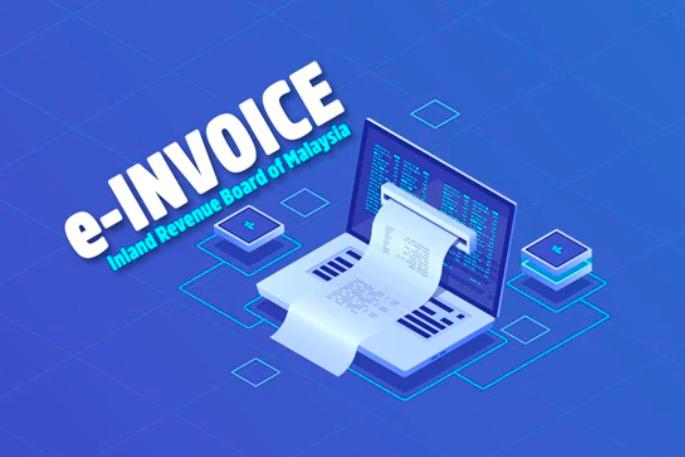THERE have been numerous articles in the media in the past two weeks complaining about the difficulties taxpayers are facing in implementing the e-invoicing system. Currently, the implementation of e-invoicing is in the second stage involving taxpayers with annual revenue more than RM25 million up to RM100 million.
Phase 1 started on Aug 1, 2024, while Phase 2 began on Jan 1, 2025. The Inland Revenue Board (IRB) has relaxed the implementation for all categories to allow taxpayers six months to issue a single consolidated e-invoice to record all transactions undertaken during that month instead of issuing an e-invoice for every transaction.
Are the problems insurmountable?
Most of the problems have arisen because the taxpayers may not have spent enough time understanding the ground rules that were announced by the authorities.
It may be true that some of the rules may not be easy for the taxpayers to interpret and, therefore, that could have led to some confusion among taxpayers in implementing e-invoicing. Another reason for the difficulty is that taxpayers are too busy running their business and do not have enough time to understand the e-invoicing rules. Many taxpayers are not used to the concept of self-billing, which is new, and do not understand when to issue the self-billed e-invoices.
The other common problems are how to deal with staff claims, reimbursements and disbursements, intercompany transactions, providing goods and services for free, foreign payments, foreign receipts, payments on behalf of related companies and third parties, e-commerce transactions, payments and receipts through agents, interest payments to non-financial institutions, transactions with government bodies and government agencies.
There are also problems that taxpayers have in extracting the relevant information from their databases to meet the e-invoicing compliance requirements. Here, there are 55 fields needed to submit the e-invoice to the IRB. There are issues around completing the fields such as the enterprise resource planning or accounting system of the taxpayer may need to be updated or customised to accommodate the 55 fields. Secondly, this information may not be readily available within the organization and may need to be collected from the suppliers and customers, which may not be easily forthcoming.
There has been an issue about whether representatives of the company will have access to confidential data of the organisation or personal information of the directors who are appointed to represent the company.
This problem can be overcome if the directors do not delegate this responsibility to another person in the organisation and are personally involved in appointing the representative in the MyTax system. Once the representative has been appointed, that person cannot have access to the director’s personal information. For the company’s information, the IRB needs to put further safeguards to ensure that the director can appoint representatives only for e-invoicing purposes which will not allow them to view the organisation’s information.
In the course of implementing the e-invoicing system, taxpayers are concerned about the tax implications of the various actions such as self-billing, and also the increased transparency of the data provided.
Inevitably, this will happen because the intention of e-invoicing is to bring to the surface any hidden transactions and therefore prevent leakages in the tax system. If this is an area of concern to you as a taxpayer, you should seek proper advice from your usual professionals who advise you on tax matters and on how to deal with it.
There is an excellent team at the IRB to address your problems. They can be reached by calling the e-invoice helpdesk at 03-8682 8000 which is operational 24/7, emailing myinvois@hasil.gov.my, or having a live chat with the IRB officials through their website. You can also find guidelines and frequently asked questions at the IRB website (https://www.hasil.gov.my/en/e-invoice/).
This article is contributed by Thannees Tax Consulting Services Sdn Bhd managing director SM Thanneermalai (www.thannees.com).









